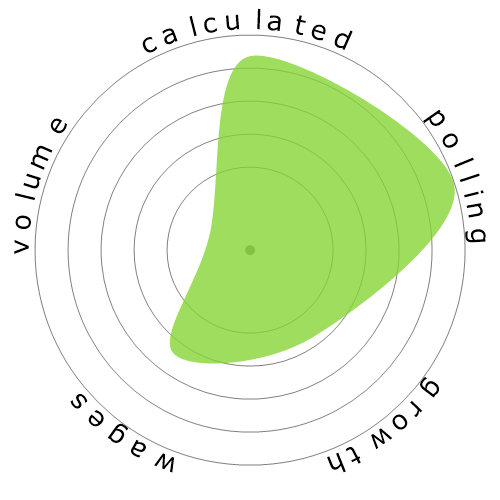Zoologists and Wildlife Biologists
Where Would You Like to Go Next?
Or, Explore This Profession in Greater Detail...


What does this snowflake show?
What's this?
We rate jobs using four factors. These are:
- Chance of being automated
- Job growth
- Wages
- Volume of available positions
These are some key things to think about when job hunting.
People also viewed
Calculated automation risk
Minimal Risk (0-20%): Occupations in this category have a low probability of being automated, as they typically demand complex problem-solving, creativity, strong interpersonal skills, and a high degree of manual dexterity. These jobs often involve intricate hand movements and precise coordination, making it difficult for machines to replicate the required tasks.
More information on what this score is, and how it is calculated is available here.
User poll
Our visitors have voted there's a low chance this occupation will be automated. This assessment is further supported by the calculated automation risk level, which estimates 14% chance of automation.
What do you think the risk of automation is?
What is the likelihood that Zoologists and Wildlife Biologists will be replaced by robots or artificial intelligence within the next 20 years?
Sentiment
The following graph is shown where there are enough votes to produce meaningful data. It displays user poll results over time, providing a clear indication of sentiment trends.
Sentiment over time (yearly)
Growth
The number of 'Zoologists and Wildlife Biologists' job openings is expected to rise 4.4% by 2033
Total employment, and estimated job openings
Updated projections are due 09-2025.
Wages
In 2023, the median annual wage for 'Zoologists and Wildlife Biologists' was $70,600, or $34 per hour
'Zoologists and Wildlife Biologists' were paid 46.9% higher than the national median wage, which stood at $48,060
Wages over time
Volume
As of 2023 there were 17,100 people employed as 'Zoologists and Wildlife Biologists' within the United States.
This represents around < 0.001% of the employed workforce across the country
Put another way, around 1 in 8 thousand people are employed as 'Zoologists and Wildlife Biologists'.
Job description
Study the origins, behavior, diseases, genetics, and life processes of animals and wildlife. May specialize in wildlife research and management. May collect and analyze biological data to determine the environmental effects of present and potential use of land and water habitats.
SOC Code: 19-1023.00
Comments (19)
Reply to comment